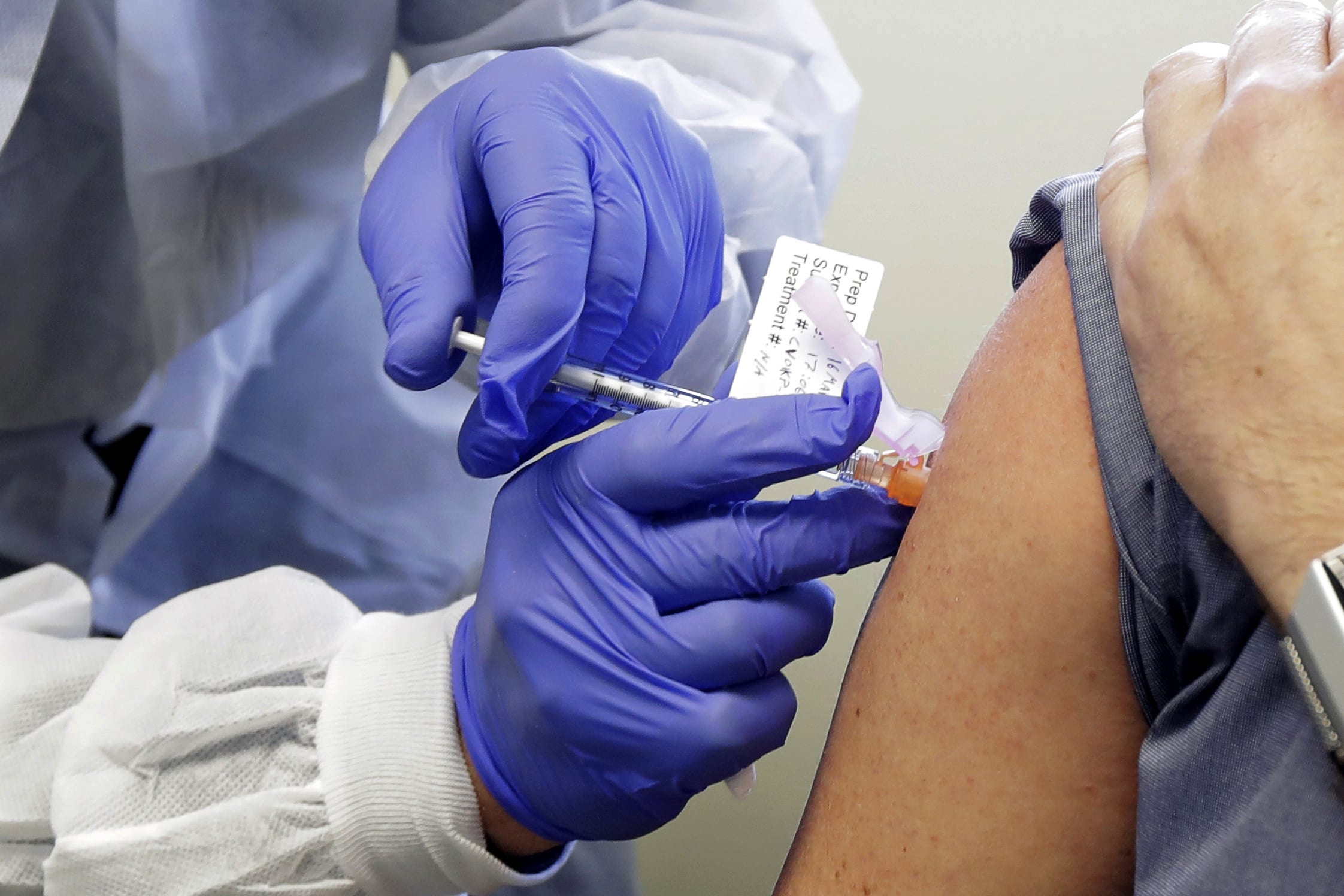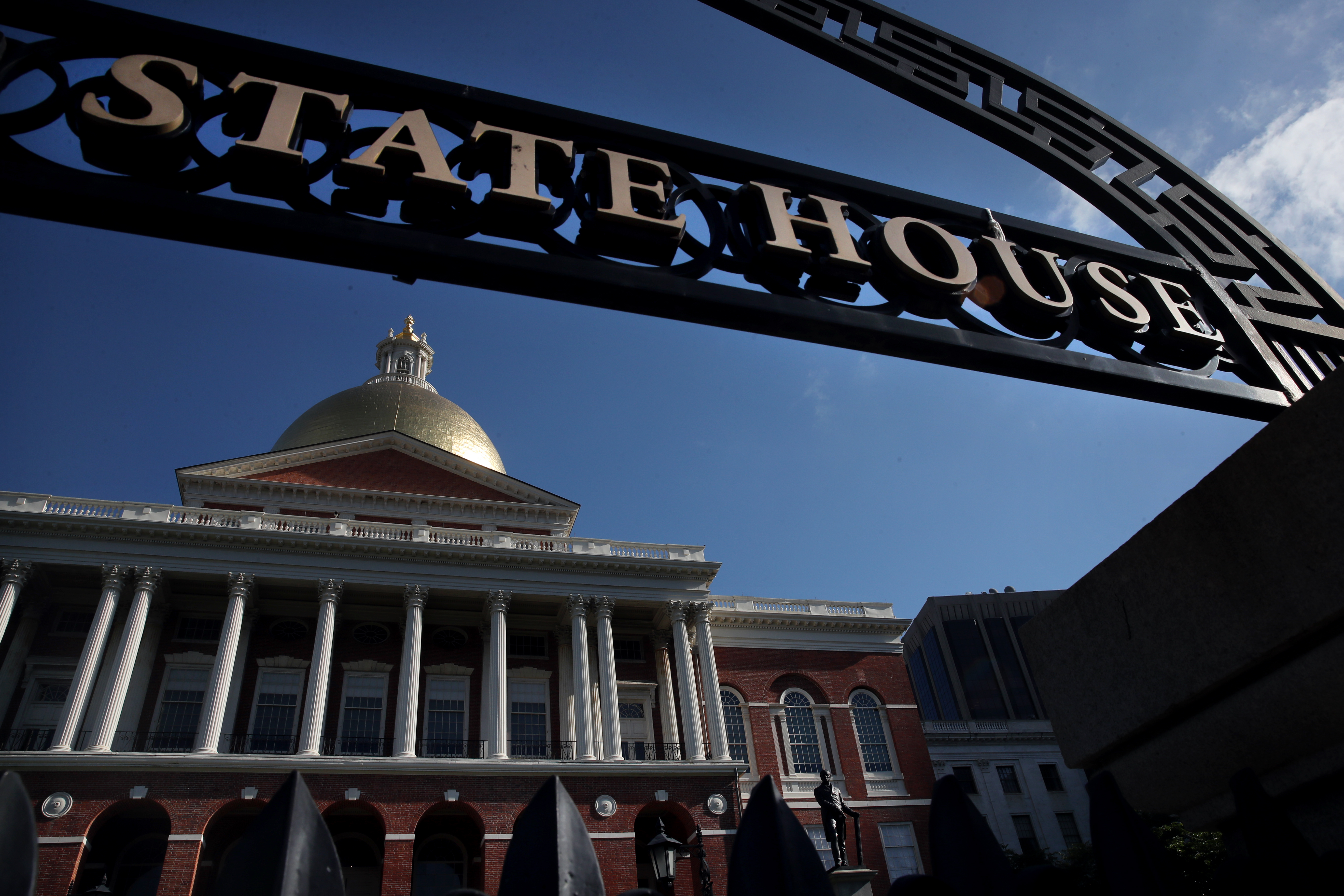As COVID-19 cases continue to spike in Massachusetts, there's another troubling sign that the virus is returning to the dangerously high levels of last spring's outbreak.
Traces of COVID-19 at the sewage plant that treats wastewater for Boston and many of its suburbs are as high as they were in mid-April, according to public data shared by the Massachusetts Water Resources Authority.
Get top local stories in Boston delivered to you every morning. Sign up for NBC Boston's News Headlines newsletter.
Dr. Ashish Jha, dean of Brown University's School of Public Health, expressed his concerns about the data Sunday on Twitter, noting that in April the state was shut down and the weather was warming, but now the economy remains mostly open as temperatures continue to drop.
"Not sure what we're doing here," he said.
Biobot is testing the wastewater at the Massachusetts Water Resources Authority's Deer Island wastewater treatment plant. The company, the first in the United States to try this approach, has shown it can give an early indication of a rise in cases based just on what's in sewage.
Forty-three communities from eastern Massachusetts have their water treated at the plant, including Boston, Cambridge, Framingham and Quincy.
The data extracted from Deer Island cannot be linked to specific cities, towns or neighborhoods, but it is providing public health officials with a big-picture outlook of what is going on in the region.
Ulike coronavirus cases -- which are detected when people get tested -- COVID-19 data from sewage measures how prevalent the virus is in the community at large, including among people who don't have symptoms and don't get tested, since the virus they shed through body waste would contribute to levels found in sewage.
The wastewater spike comes amid a spike on coronavirus cases, which caused Gov. Charlie Baker to implement new restrictions including a requirement for masks to be worn in public at all times and a restaurant curfew.
Massachusetts surpassed 10,000 confirmed coronavirus deaths on Thursday, nearly nine months after the state’s initial case was detected. Confirmed cases have topped 182,000 and the number of cities and towns designated as “high risk” nearly doubled over a two-week period last month.
An advocacy group led by doctors has been calling on Baker to roll back the state’s reopening plan by closing bars, imposing prior limits on seating inside restaurants and closing or limiting capacity inside entertainment venues, saying the state could be heading for another shutdown if it doesn’t act soon.



